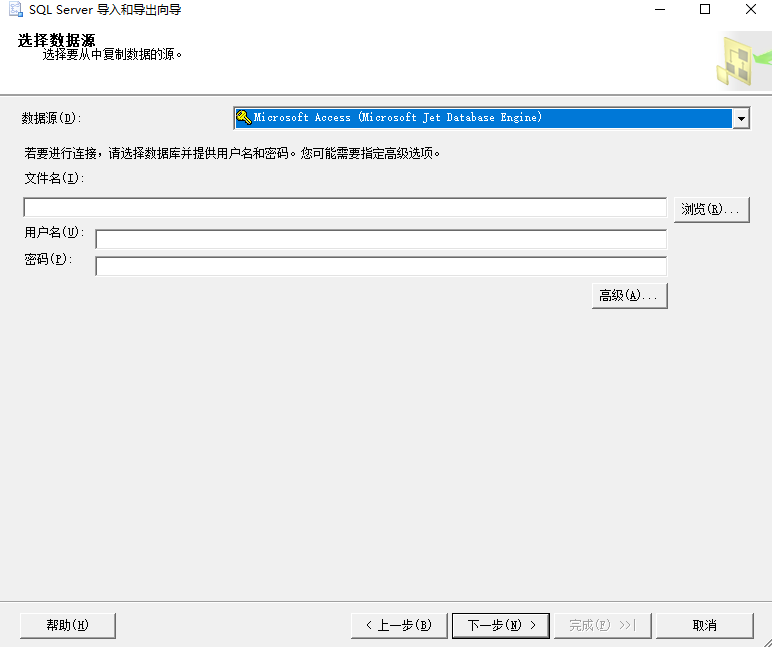I\'m using the Javascript window.atob() function to decode a base64-encoded string (specifically the base64-encoded content from the GitHub API). Problem is I\'m getting ASCII-encoded characters back (like ⢠instead of ™). How can I properly handle the incoming base64-encoded stream so that it\'s decoded as utf-8?
问题:
回答1:
There\'s a great article on Mozilla\'s MDN docs that describes exactly this issue:
The \"Unicode Problem\" Since
DOMStrings are 16-bit-encoded strings, in most browsers callingwindow.btoaon a Unicode string will cause aCharacter Out Of Range exceptionif a character exceeds the range of a 8-bit byte (0x00~0xFF). There are two possible methods to solve this problem:
- the first one is to escape the whole string (with UTF-8, see
encodeURIComponent) and then encode it;- the second one is to convert the UTF-16
DOMStringto an UTF-8 array of characters and then encode it.
A note on previous solutions: the MDN article originally suggested using unescape and escape to solve the Character Out Of Range exception problem, but they have since been deprecated. Some other answers here have suggested working around this with decodeURIComponent and encodeURIComponent, this has proven to be unreliable and unpredictable. The most recent update to this answer uses modern JavaScript functions to improve speed and modernize code.
If you\'re trying to save yourself some time, you could also consider using a library:
- js-base64 (NPM, great for Node.js)
- base64-js
Encoding UTF8 ⇢ base64
function b64EncodeUnicode(str) {
// first we use encodeURIComponent to get percent-encoded UTF-8,
// then we convert the percent encodings into raw bytes which
// can be fed into btoa.
return btoa(encodeURIComponent(str).replace(/%([0-9A-F]{2})/g,
function toSolidBytes(match, p1) {
return String.fromCharCode(\'0x\' + p1);
}));
}
b64EncodeUnicode(\'✓ à la mode\'); // \"4pyTIMOgIGxhIG1vZGU=\"
b64EncodeUnicode(\'\\n\'); // \"Cg==\"
Decoding base64 ⇢ UTF8
function b64DecodeUnicode(str) {
// Going backwards: from bytestream, to percent-encoding, to original string.
return decodeURIComponent(atob(str).split(\'\').map(function(c) {
return \'%\' + (\'00\' + c.charCodeAt(0).toString(16)).slice(-2);
}).join(\'\'));
}
b64DecodeUnicode(\'4pyTIMOgIGxhIG1vZGU=\'); // \"✓ à la mode\"
b64DecodeUnicode(\'Cg==\'); // \"\\n\"
The pre-2018 solution (functional, and though likely better support for older browsers, not up to date)
Here is the the current recommendation, direct from MDN, with some additional TypeScript compatibility via @MA-Maddin:
// Encoding UTF8 ⇢ base64
function b64EncodeUnicode(str) {
return btoa(encodeURIComponent(str).replace(/%([0-9A-F]{2})/g, function(match, p1) {
return String.fromCharCode(parseInt(p1, 16))
}))
}
b64EncodeUnicode(\'✓ à la mode\') // \"4pyTIMOgIGxhIG1vZGU=\"
b64EncodeUnicode(\'\\n\') // \"Cg==\"
// Decoding base64 ⇢ UTF8
function b64DecodeUnicode(str) {
return decodeURIComponent(Array.prototype.map.call(atob(str), function(c) {
return \'%\' + (\'00\' + c.charCodeAt(0).toString(16)).slice(-2)
}).join(\'\'))
}
b64DecodeUnicode(\'4pyTIMOgIGxhIG1vZGU=\') // \"✓ à la mode\"
b64DecodeUnicode(\'Cg==\') // \"\\n\"
The original solution (deprecated)
This used escape and unescape (which are now deprecated, though this still works in all modern browsers):
function utf8_to_b64( str ) {
return window.btoa(unescape(encodeURIComponent( str )));
}
function b64_to_utf8( str ) {
return decodeURIComponent(escape(window.atob( str )));
}
// Usage:
utf8_to_b64(\'✓ à la mode\'); // \"4pyTIMOgIGxhIG1vZGU=\"
b64_to_utf8(\'4pyTIMOgIGxhIG1vZGU=\'); // \"✓ à la mode\"
And one last thing: I first encountered this problem when calling the GitHub API. To get this to work on (Mobile) Safari properly, I actually had to strip all white space from the base64 source before I could even decode the source. Whether or not this is still relevant in 2017, I don\'t know:
function b64_to_utf8( str ) {
str = str.replace(/\\s/g, \'\');
return decodeURIComponent(escape(window.atob( str )));
}
回答2:
Things change. The escape/unescape methods have been deprecated.
You can URI encode the string before you Base64-encode it. Note that this does\'t produce Base64-encoded UTF8, but rather Base64-encoded URL-encoded data. Both sides must agree on the same encoding.
See working example here: http://codepen.io/anon/pen/PZgbPW
// encode string
var base64 = window.btoa(encodeURIComponent(\'€ 你好 æøåÆØÅ\'));
// decode string
var str = decodeURIComponent(window.atob(tmp));
// str is now === \'€ 你好 æøåÆØÅ\'
For OP\'s problem a third party library such as js-base64 should solve the problem.
回答3:
If treating strings as bytes is more your thing, you can use the following functions
function u_atob(ascii) {
return Uint8Array.from(atob(ascii), c => c.charCodeAt(0));
}
function u_btoa(buffer) {
var binary = [];
var bytes = new Uint8Array(buffer);
for (var i = 0, il = bytes.byteLength; i < il; i++) {
binary.push(String.fromCharCode(bytes[i]));
}
return btoa(binary.join(\'\'));
}
// example, it works also with astral plane characters such as \'



